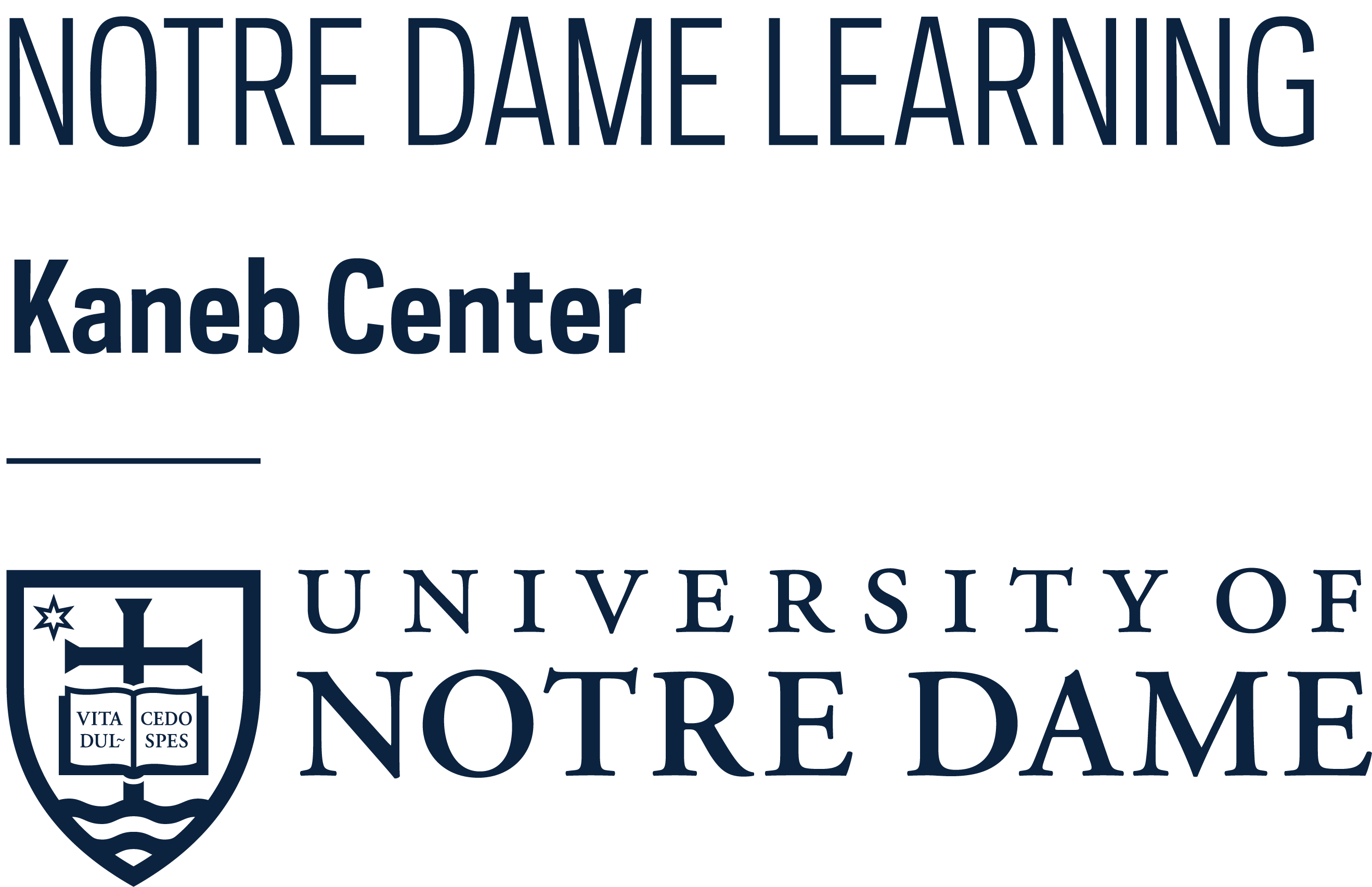The following entry from the 2012-2013 Teaching Issues Writing Consortium: Teaching Tips was contributed by Molly H. Baker, Ph.D., Director of Instructional Technology, Sauk Valley Community College.
———————————————————————–
Let’s consider a major factor that affects students’ attention and engagement, especially in an evening or other extended length class. Of course, overall nutrition affects the brain also, things like enough iron, vitamins, calcium, and fiber. But here we are going to discuss how what and when your students eat the day of class can make a major difference in their ability to stay awake, focused and able to learn for several hours at the end of the day. Most students don’t know this!
Brains need proteins, carbohydrates and fats to produce energy that can be draw upon while learning. However, not any type of protein, carb or fat will do. Some of these actually make a person drowsy or prevent the right kind of proteins, carbs and fats from doing their job! Consider these facts and then read more about it at http://www.askdrsears.com/HTML/4/T040400.ASP
- Students who arrive hungry, in general, are likely to be irritable, restless, apathetic, sad, unmotivated, and less able to recall earlier learning or apply new learning to problem-solving tasks. Hunger contributes to mental fatigue, as discussed in Day Three. This goes for skipping breakfast before an extended morning class, as well.
- Eating habits such as eating a large meal before class or eating a high-carbohydrate/low protein meal may solve the hunger problem, but makes your students drowsy and lethargic. Chocolate, pastries, bean burritos, sunflower seeds, bananas, dairy products, spaghetti with heavy sauce, and fattier meats tend to relax the brain and are ideal in the evening if you are trying to wind down!
- Omega-3 fatty acids are important to general brain health. Foods such as eggs, flax or canola oil, salmon or tuna, soybeans, walnuts or pumpkin seeds, wheat germ, and almonds are excellent sources of these healthy fats.
- Best foods for pre-class eating before an evening class include:
- A lower-calorie, light meal, such as a salad with tuna, vegetables, and dressing made with canola oil, stir-fried vegetables on brown rice, or even yogurt and fresh fruit.
- A more filling, but nutritious meal such as a PB&J sandwich on whole grain bread and an apple and glass of milk.
- Complex carbohydrates such as fruits like apples or oranges (not fruit juice), whole grain cereals (e.g., oatmeal) or whole-grains (not wheat, but whole wheat, brown rice), and as little refined sugar as possible (e.g, colas, candy, pastries).
- Proteins containing tyrosine amino acids, such as seafood, turkey, tofu, lentils, peanuts (or peanut butter), tuna, salmon. These proteins wake up the brain, rather than relax and wind it down.
- When eating both energy-producing proteins and carbs, eat the protein BEFORE the complex carbohydrates.
- Avoid nicotine, artificial sweeteners, hydrogenated fats in prepared foods, alcohol, junk sugars and white bread before class.
Submitted by
Molly H. Baker, Ph.D.
Director, Instructional Technology
Sauk Valley Community College
